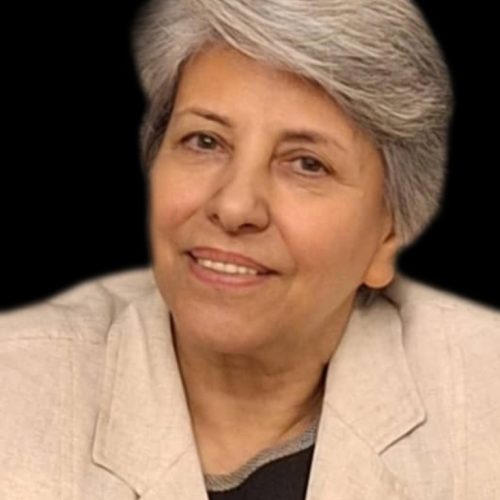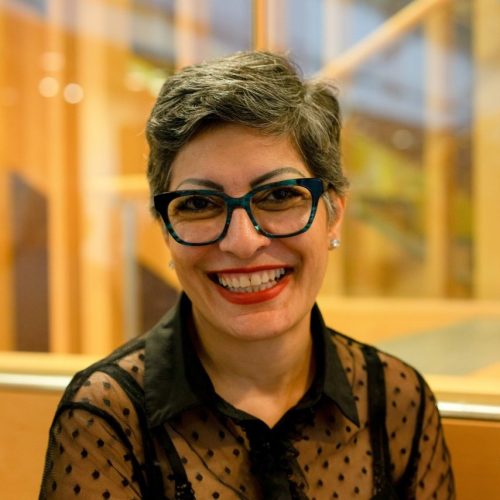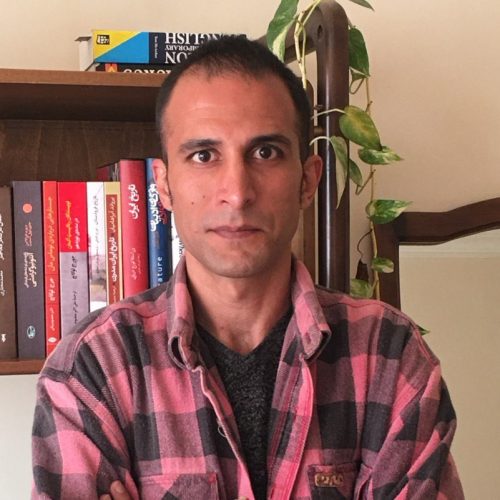© Women Poets Iranica. ISSN: 3064-9625
Women Poets Iranica:
Editorial Board







Photo credit: Andrea Kane, Institute for Advanced Study


Wolpé's translations of the twelfth-century Sufi mystic poet, Attar, The Conference of the Birds (W.W. Norton & Company), and of the twentieth-century Iranian rebel poet Forugh Farrokhzad, Sin: Selected Poems of Forugh Farrokhzad (University of Arkansas Press), have garnered awards and established Wolpé as a celebrated re-creator of Persian poetry in English.
Most recently, her play SHAME was featured in New Iranian Plays, published by Aurora Metro books (2022). Wolpé wrote the libretto for an oratorio, “The Conference of the Birds,” and a multi-genre performance, “The Seven Valleys,” which premiered, respectively, at the Broad Stage and the Getty Villa Museum in 2022. “Song of Exile,” for The Arlington Chorale, will premiere in Virginia in 2023.
Sholeh has lived in Iran, Trinidad, and the United Kingdom and is currently a writer-in-residence at the University of California, Irvine. She performs her literary work solo and with musicians internationally. She divides her time between Los Angeles and Barcelona.

Nader holds an MA in Cultural Studies from the University of Science and Culture in Tehran, where his research compared heroic literature of the 1960s with everyday life narratives of the 1980s in Iran. He also earned a BA in English Literature from Azad University in Tehran, completing a research project that applied narratological theory to William Faulkner's work. His scholarship has been presented at international conferences on contemporary Iran, and he has contributed to Persian translations of major works in cultural theory and sociology by scholars such as Fredric Jameson and Stuart Hall. Fluent in Persian and English, he is committed to making complex concepts accessible to diverse audiences.



